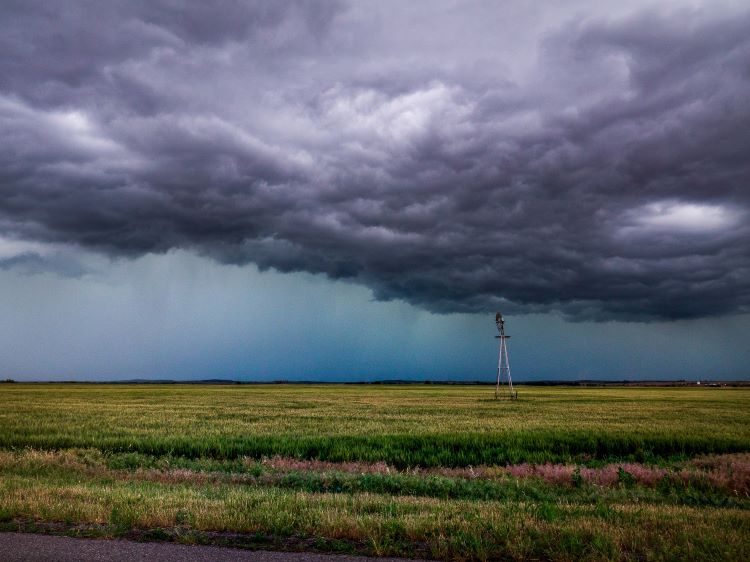How to Prepare Your RV for Severe Weather

How to Prepare Your RV for Severe Weather
Severe weather can strike unexpectedly and with force. And when you’re on the road in your RV, it’s especially important to be prepared for whatever Mother Nature tosses your way. Whether you encounter thunderstorms, high winds, heavy rain, or even a potential tornado, taking the necessary precautions can make all the difference in keeping you, your loved ones, and your RV safe.
Let’s explore some vital tips and essentials for readying your RV for severe weather.
Check the Weather Forecast
Staying informed is the first step in preparing for severe weather. Use reliable weather apps or a NOAA weather radio to keep track of any approaching storms or adverse conditions. Planning your travel around the weather can help you avoid dangerous situations altogether.
Secure Loose Items
Before the weather turns sour, take the time to stow away any loose items both inside and outside your RV. Strong winds can turn outdoor chairs, decorations, and small objects (think grilling accessories!) into projectiles, posing a risk to you and others.
Retract Awnings and Slides
If you have slide-outs or an awning, retract them before the severe weather hits. Leaving them out can increase the risk of damage or tearing in high winds.
Maintain Proper Tire Pressure
Properly inflated tires are essential for maintaining control of your RV in adverse weather conditions. Check your tire pressure before your trip to ensure they’re in good condition, as worn or damaged tires can lead to dangerous situations on wet or slippery roads.
Stock Emergency Supplies
Always keep an emergency kit in your RV. This kit should include flashlights, batteries, a first-aid kit, non-perishable food, water, and any necessary medications. In the event of severe weather stranding you, these supplies can be a lifesaver.
Seek Shelter
If you receive a severe weather warning or notice worsening conditions while on the road, seek shelter immediately. For example, RVs are not the safest place to be during a tornado or hurricane, so find a designated storm shelter or a sturdy building in which you can weather the storm.
Know Your RV’s Wind Limit
RVs are not built to withstand hurricane-force winds or severe storms. Familiarize yourself with your RV’s wind rating, and if the forecast predicts winds exceeding this limit, consider delaying your travel or finding a safe place to park until conditions improve.
Stay Calm and Patient!
Above all, remember that safety comes first. Don’t rush to get back on the road if conditions are still hazardous. Waiting until the weather clears is always a safer choice.
Your safety and the safety of your loved ones are paramount, so don’t take chances when the weather takes a turn for the worse. In what ways do you prepare for severe weather in your RV? Let us know in the comments or contact us today!


